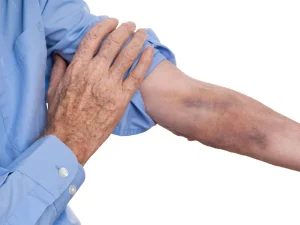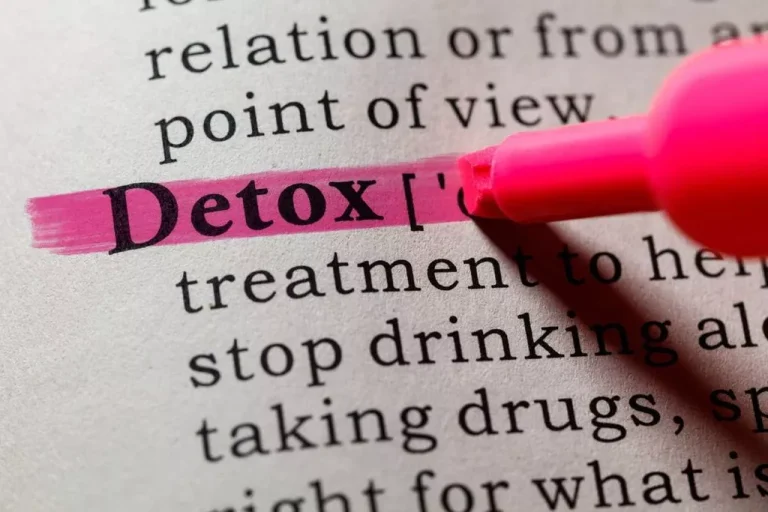However, according to American Diabetes Association (ADA), heavy consumption and zero consumption increase the risk. The ADA also states that a drink or two may improve insulin sensitivity and sugar management. Most diabetes medications work to lower your blood sugar (glucose) levels — and they’re particularly good at the job. Alcohol does the same thing, especially when consumed in larger quantities. But even those who have type 2 diabetes who take medication may be vulnerable to hypoglycemia unawareness, even though their blood sugar levels are more likely to skew high than low. This happens when the body doesn’t produce enough insulin or does not respond to insulin as it should.
Alcohol interacts with diabetes medications

According to online consumer reviews, people also think it has a great aroma and flavor. Alcohol takes longer to be absorbed into your bloodstream if you have food in your stomach.

Check your inbox
Sansum’s Dr. Kerr also worries about the trend of using energy drinks as mixers, as these drinks are actually designed to prompt a rise in blood glucose from their sugar content. They also provide “a transient, can diabetics get drunk but clinically significant, rise in blood pressure,” he notes. Aside from the fact that most “servings” are larger than the recommended serving, very few people — with or without diabetes — follow these limits.

What are the risks of drinking with diabetes?
- Alcohol impairs your liver’s ability to produce glucose, so be sure to know your blood glucose number before you drink an alcoholic beverage.
- However, according to American Diabetes Association (ADA), heavy consumption and zero consumption increase the risk.
- It’s always a good idea to sip slooooooowly on that first beer or glass of wine.
- Heavy drinking, particularly in diabetics, also can cause the accumulation of certain acids in the blood that may result in severe health consequences.
- If you are managing your diabetes with diet and exercise alone, drinking alcohol can stil increase your risk of low blood sugars.
That said, when it comes to alcohol, people with blood sugar problems should always remain cautious. Some medications are not suitable for use alongside alcohol consumption. People https://ecosoberhouse.com/article/top-10-substance-abuse-group-activities/ with diabetes should be sure to pay attention to any potential warnings. Drinking alcohol can cause a buildup of harmful acids in the blood and dangerously low blood sugar.
Alcohol and Risk of Low Blood Sugar
Moreover, elevated triglyceride levels can cause severe inflammation of the pancreas (i.e., pancreatitis). In fact, from a practical standpoint, heavy drinking should be considered as a possible contributing factor in all patients with hypertriglyceridemia. Abstinence from alcohol generally leads to normalization of the triglyceride levels, unless the person has an underlying genetic predisposition for hypertriglyceridemia. Cardiovascular disease continues to be one of the leading causes of death among all Americans and is the leading cause of death in people with type 2 diabetes (Bierman 1992). The relationship of alcohol consumption to cardiovascular disease in diabetic people has not been well evaluated. However, substantial information on the association of alcohol and cardiovascular disease exists from population studies that included an unknown percentage of diabetics.

Discover more about Type 2 Diabetes
Each alcoholic beverage takes about 1-1 ½ hours to finish processing in the liver. So, if you have 2 drinks, you double that time to 2 to 3 hours that you are at risk for low blood sugar. The more alcohol consumed, the bigger the risk for serious low blood sugar. After you drink alcohol, your blood sugar levels can drop up to 24 hours later. Check your blood sugar before and while you’re drinking and then again before you go to bed. Drinking alcohol in moderation has also been linked to a number of other health benefits, such as increasing the amount of good cholesterol (HDL) in the blood.
That means no more than two drinks per day for men and one per day for women. One standard drink is defined as 12 ounces of beer, 5 ounces of wine, or 1.5 ounces of spirits. LDL cholesterol is strongly related to cardiovascular disease and stroke and has been called “bad” cholesterol. Reduction of LDL cholesterol decreases a person’s likelihood of suffering a heart attack or stroke. LDL cholesterol levels tend to be lower in alcoholics than in nondrinkers (Castelli et al. 1977), suggesting that chronic alcohol consumption may have a beneficial effect on cardiovascular risk.
